
Get upto 50% off in New Year Offer

Get upto 50% off in New Year Offer

In the vast digital landscape, where websites vie for attention like contestants in a singing competition, keyword phrases act as the melody that draws audiences in.
But just like catchy lyrics aren’t enough to guarantee a chart-topping hit, understanding and strategizing keyword phrases is crucial for SEO success. Whether you’re a seasoned webmaster or a fledgling blogger, mastering this art holds the key to unlocking organic traffic and propelling your website to the top of search engine results pages (SERPs).
So, what exactly are keyword phrases? Put simply, they’re strings of words that people type into search engines to find information or solutions. While a single word like “pizza” can be considered a keyword, phrases offer greater specificity, allowing you to target a more precise audience and deliver highly relevant content. Think of it like the difference between shouting “food!” in a crowded room and whispering “gluten-free, vegan pizza delivery near me” to a friend. The latter is far more likely to elicit the desired response, right?
Look up Keyword Phrases!
Consider the best in SEO Mastery!
By using relevant keyword phrases, you attract visitors who are genuinely interested in what you offer. This increases the chances of conversions, whether it’s a sale, a signup, or simply engaged readership.
Search engines like content that matches users’ queries. When you optimize your website and content with strategically chosen keyword phrases, you become more relevant in their eyes, ultimately leading to higher rankings in search results.
The higher your ranking, the more potential visitors organically discover your website. This free, targeted traffic is the lifeblood of any successful online venture.
Keyword phrases offer valuable insights into what people are looking for. Analyzing common searches related to your niche can help you tailor your content to their specific needs and pain points, enhancing user satisfaction.
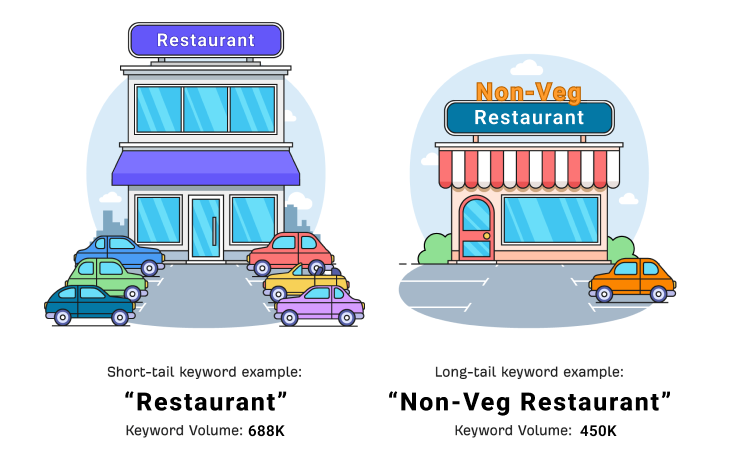
These are concise, high-volume phrases, typically containing one or two words. Their broad reach comes at the cost of fierce competition and lower conversion rates. Examples: “shoes,” “travel.”
Comprising three or more words, these phrases are more specific and have lower competition. They attract a more targeted audience with higher conversion potential. Examples: “buy comfortable running shoes for women online,” “affordable luxury travel destinations for couples.”
These semantically related words and phrases, even if not directly included in your content, help search engines understand its context and relevance. Examples: “hiking,” “backpack,” “mountain trails” for an article about trekking in Nepal.
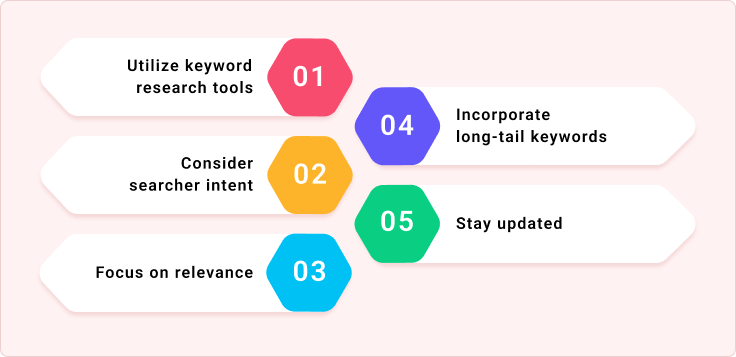
Tools like Google Keyword Planner, Ahrefs, and Semrush provide valuable insights into search volume, competition, and related keywords.
Understand what users are trying to achieve with their searches. Are they seeking information, comparing products, or ready to buy? Match your content to their intent.
Don’t just stuff your content with popular keywords. Choose phrases that naturally fit the topic and provide genuine value to users.
While high-volume short-tail keywords can be tempting, long-tail phrases often offer better conversion rates and less competition.
:Keyword trends evolve over time. Regularly monitor search terms and adapt your strategy accordingly.
Remember, optimizing your website for keyword phrases is not a one-time endeavor. It’s an ongoing process that requires continuous monitoring, analysis, and adaptation. Use the insights you gain from search engine data and user behavior to refine your strategy and keep your website ahead of the curve.
Beyond ranking and traffic, mastering keyword phrases empowers you to connect with your audience on a deeper level. By understanding their needs and speaking their language, you build trust, foster engagement, and establish yourself as a valuable resource in their digital landscape.
So, grab your keyword research tools, channel your inner linguist, and dive into the fascinating world of keyword phrases. With dedication and a touch of SEO magic, you’ll unlock the secret to organic traffic, audience engagement, and ultimately, online success.
This 2000-word exploration hopefully provides a comprehensive understanding of keyword phrases and their critical role in SEO. Remember, the journey doesn’t end here. Keep learning, keep optimizing, and keep climbing the ever-evolving mountain of search engine rankings!
In the process remember theTips
You can follow above and buy Manage Plus to Streamline communication: Say goodbye to endless email chains and scattered conversations. ManagePlus provides a central hub for all project discussions, ensuring everyone is in the loop and on the same page.
Look up Keyword Phrases!
Consider the best in SEO Mastery!

A powerful tool from Google offering insights into your website’s search performance, including keyword rankings, crawl errors, ifix indexing, view google search traffic ,mobile usability and other issue.
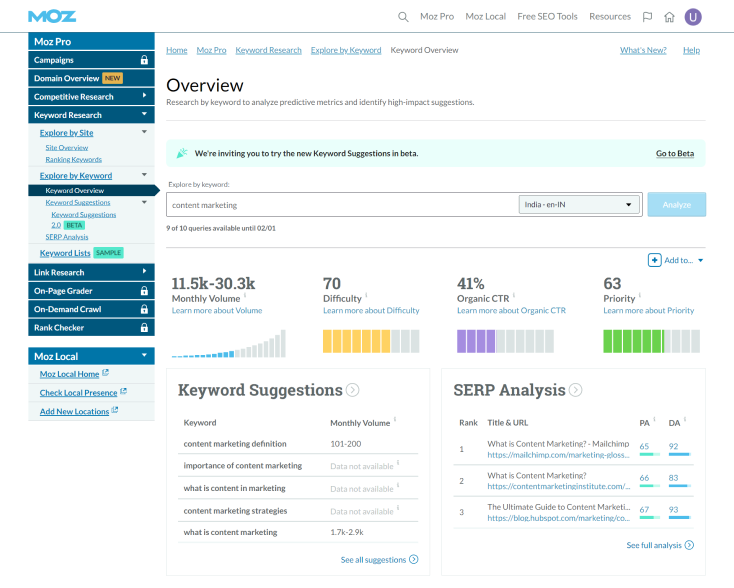
A comprehensive guide covering all aspects of SEO, from keyword research to link building and technical SEO. It also helios you improve your search engin visibility by providing fresh inshingh and empowering you to say competitive.
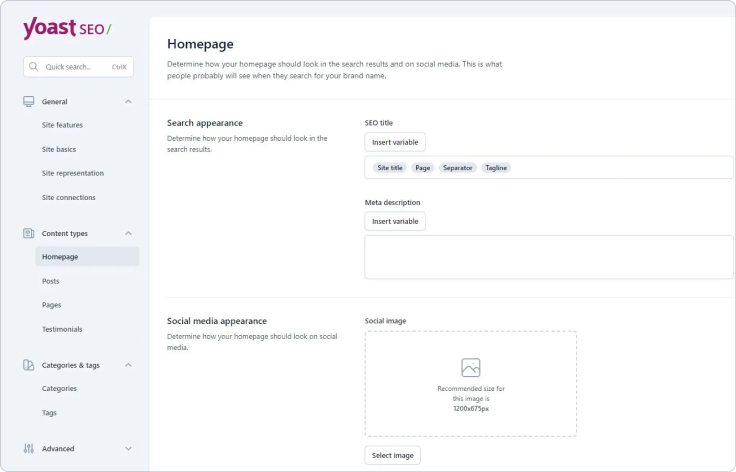
A popular WordPress plugin that helps you optimize your website content for search engines. It takes care of the technical aspects of SEO. That leaves you free to perfect your posts and pages with the help of our SEO and readability analyses.
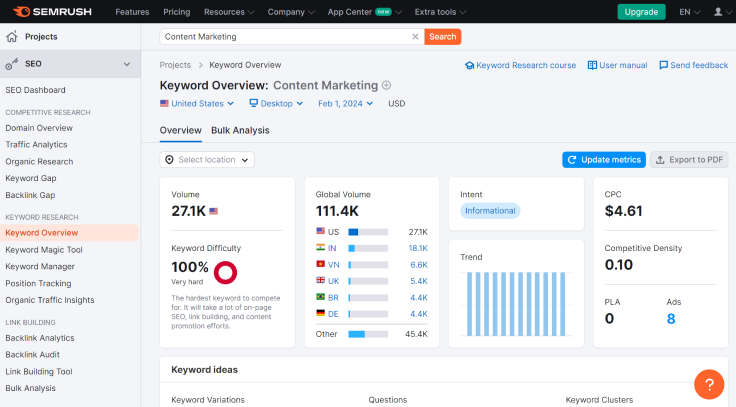
Semrush offers a comprehensive range of free digital marketing courses covering a variety of digital marketing topics—from lead generation techniques to developing the perfect marketing strategy.

Offers comprehensive SEO tools for keyword research, backlink analysis, and competitor analysis. Ahrefs is an all-in-one SEO toolset for growing search traffic and optimizing websites. To do that, Ahrefs crawls the web, stores tons of data and makes it accessible via a simple user interface.
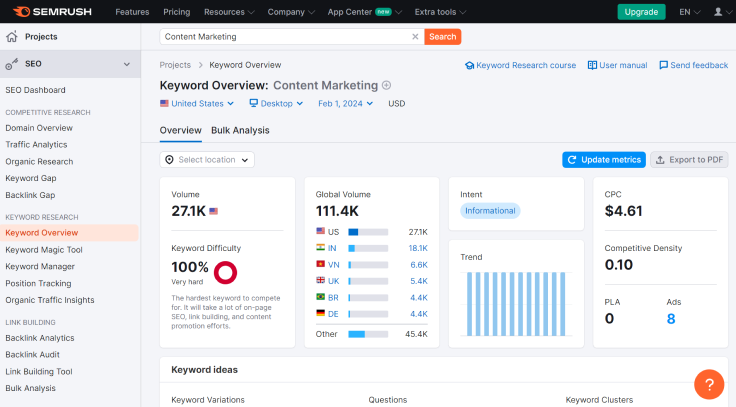
Another popular tool is Semrush is an all-in-one tool suite for improving online visibility and discovering marketing insights. Our tools and reports can help marketers with the following services: SEO, PPC, SMM, Keyword Research, Competitive Research, PR, Content Marketing, Marketing Insights, and Campaign Management.
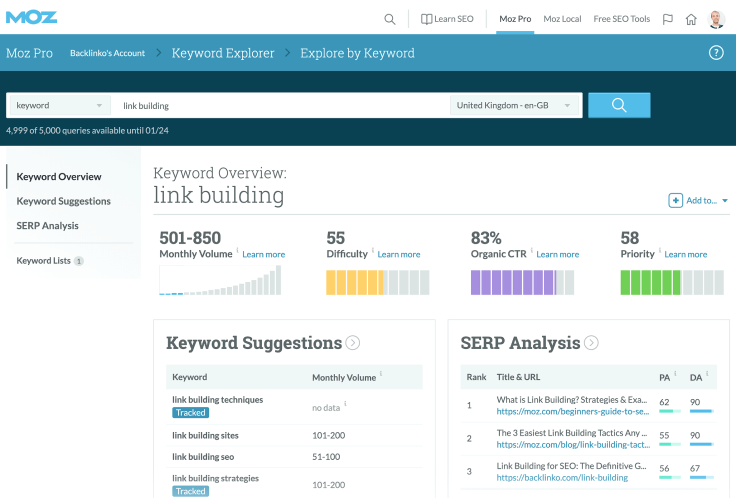
Advanced SEO tools for larger websites and agencies.
A leading blog with news, insights, and tutorials on SEO and digital marketing.
Moz’s official blog featuring helpful articles and guides on SEO best practices.
A wealth of SEO content, with a focus on link building and competitor research.
A vibrant community of SEO professionals where you can ask questions and share insights.
With the foundation laid, let’s delve deeper into the captivating world of keyword research, the treasure map guiding your SEO voyage. Mastering this art unlocks a hidden reservoir of valuable insights, propelling your website towards higher rankings and engaged audiences.
Do take part in Demystifying keyword phrases!
Consider SEO optimization!
Beyond Keyword Tools: While research tools like Ahrefs and Semrush are invaluable allies, relying solely on their data can paint an incomplete picture. Here’s how to broaden your treasure hunt:
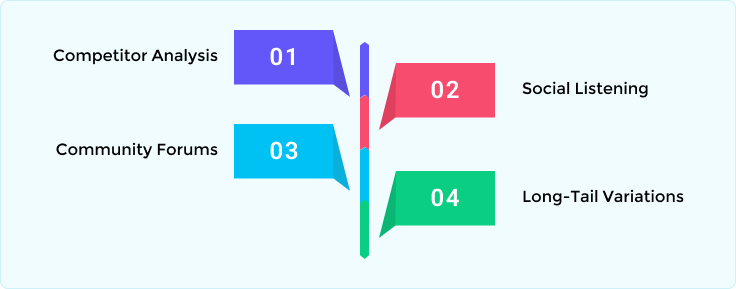
Prioritize keywords highly relevant to your website’s niche and content. Align your efforts with your core expertise and value proposition.
Understand the user’s intent behind each keyword. Are they researching, comparing, or ready to buy? Create content that caters to their specific stage in the buyer’s journey.
While lower competition offers easier ranking, don’t shy away from challenging keywords with high potential, provided your content offers exceptional value.
Research seasonal trends and adapt your keyword strategy accordingly. For example, “beach vacations” might peak in summer, while “cozy holiday decor” becomes relevant during winter.
In the process remember theTips
You can follow above and buy Manage Plus to Streamline communication: Say goodbye to endless email chains and scattered conversations. ManagePlus provides a central hub for all project discussions, ensuring everyone is in the loop and on the same page.
In your Keyword Phrase exercise,
Tip: Empower real-time collaboration: ManagePlus allows your team to work together on tasks in real-time, fostering greater synergy and driving faster progresCompetitor Analysis: Uncover the keywords driving traffic to your competitors’ websites. Tools like SpyFu and Similarweb can reveal their hidden gems. Analyze their content and identify gaps you can fill with unique, in-depth pieces.
Actively listen to conversations happening in your niche on social media platforms like Twitter and Reddit. Identify trending topics, pain points, and questions being asked. This goldmine of real-time user intent can inspire content tailored to their immediate needs.
Immerse yourself in online communities frequented by your target audience. Participate in discussions, answer questions, and understand their challenges. These interactions provide invaluable insights into the language they use and the information they crave.
Don’t just focus on high-volume head keywords. Explore long-tail variations, more specific phrases with lower competition and higher conversion potential. Tools like AnswerThePublic and Google Suggest can offer inspiration.
Beyond Search Volume: Once you’ve unearthed a treasure trove of potential keywords, prioritize them wisely. Don’t simply chase high search volume. Consider these factors:
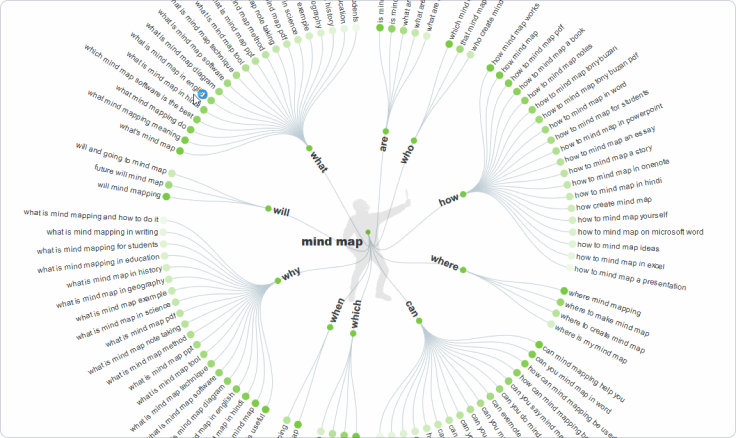
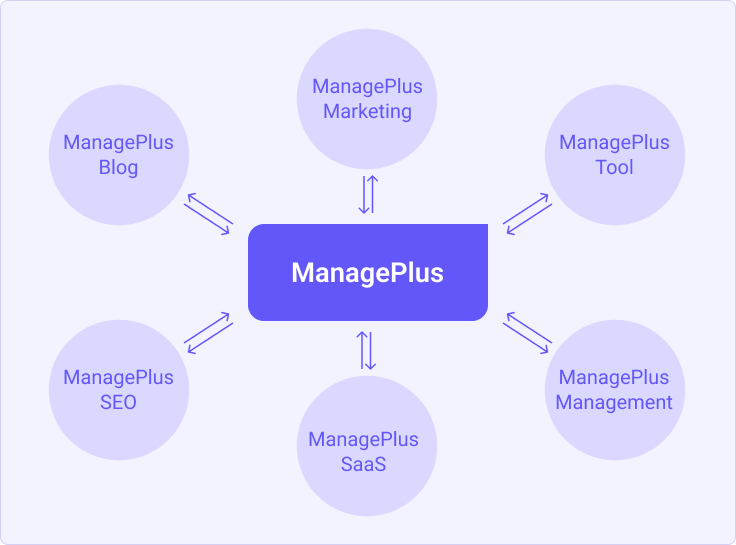
Group related keywords under broader themes. This allows you to create in-depth content pieces that address various aspects of a single topic, attracting a wider audience and establishing your expertise.
Focus on answering user questions, not just targeting keywords. This aligns your content with their specific needs and increases engagement.
Remember, keyword research is an ongoing process, not a one-time event. Stay vigilant, adapt your strategy based on new data and user behavior, and continue refining your treasure map as you explore the dynamic landscape of SEO.
Remember, your SEO journey is a continuous learning process. These resources are just a starting point to equip you with the knowledge and tools you need to climb the search engine rankings and achieve online success. Keep exploring, experimenting, and adapting your strategy based on data and user behavior. Good luck!
Do take part in Demystifying keyword phrases!
Consider SEO optimization!

Streamline your marketing efforts with AI-powered working design — Organize, collaborate, and optimize your marketing campaigns all in one place!

Join now to shape the future of MangePlus
Don’t miss out